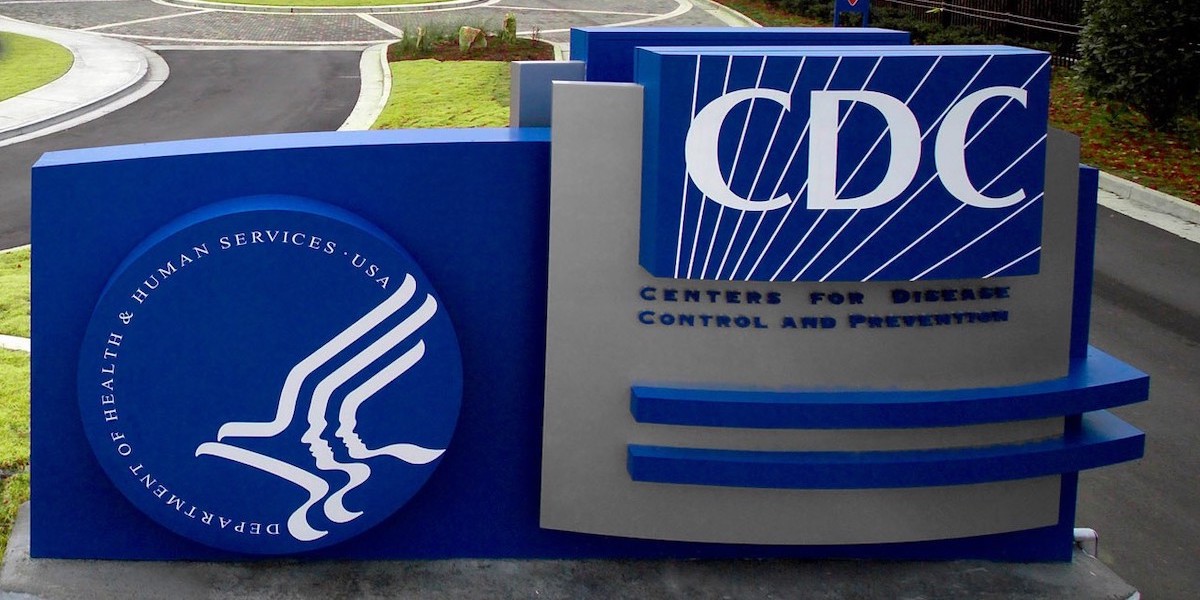Washington, D.C., March 18 – The Centers for Disease Control and Prevention (CDC) released new guidance on February 25th that reversed masking guidelines in areas with low rates of hospitalization, regardless of case numbers or whether individuals are vaccinated and boosted. In a letter to CDC Director Rochelle Walensky, advocates from more than one hundred national, state and local organizations expressed their deep concerns about the new guidance and its impact on disabled and marginalized populations. At the time of this publication, Director Walensky has not provided a response to the concerns stated in the joint advocacy letter.
As the letter outlines, universal masking by the public dramatically decreases the spread of COVID-19 and is a layer of protection for everyone. Such guidelines increase safety for the most vulnerable populations, which include people with disabilities, older adults, those who are immunocompromised, and children under the age of five whom are ineligible for vaccines. According to data from the Bureau of Labor Statistics in 2021, a record of nearly 1.2 million adults with disabilities were added to our communities. Without policies aimed at protecting all Americans, the most vulnerable are put in a position of being responsible for their own safety from the virus.

